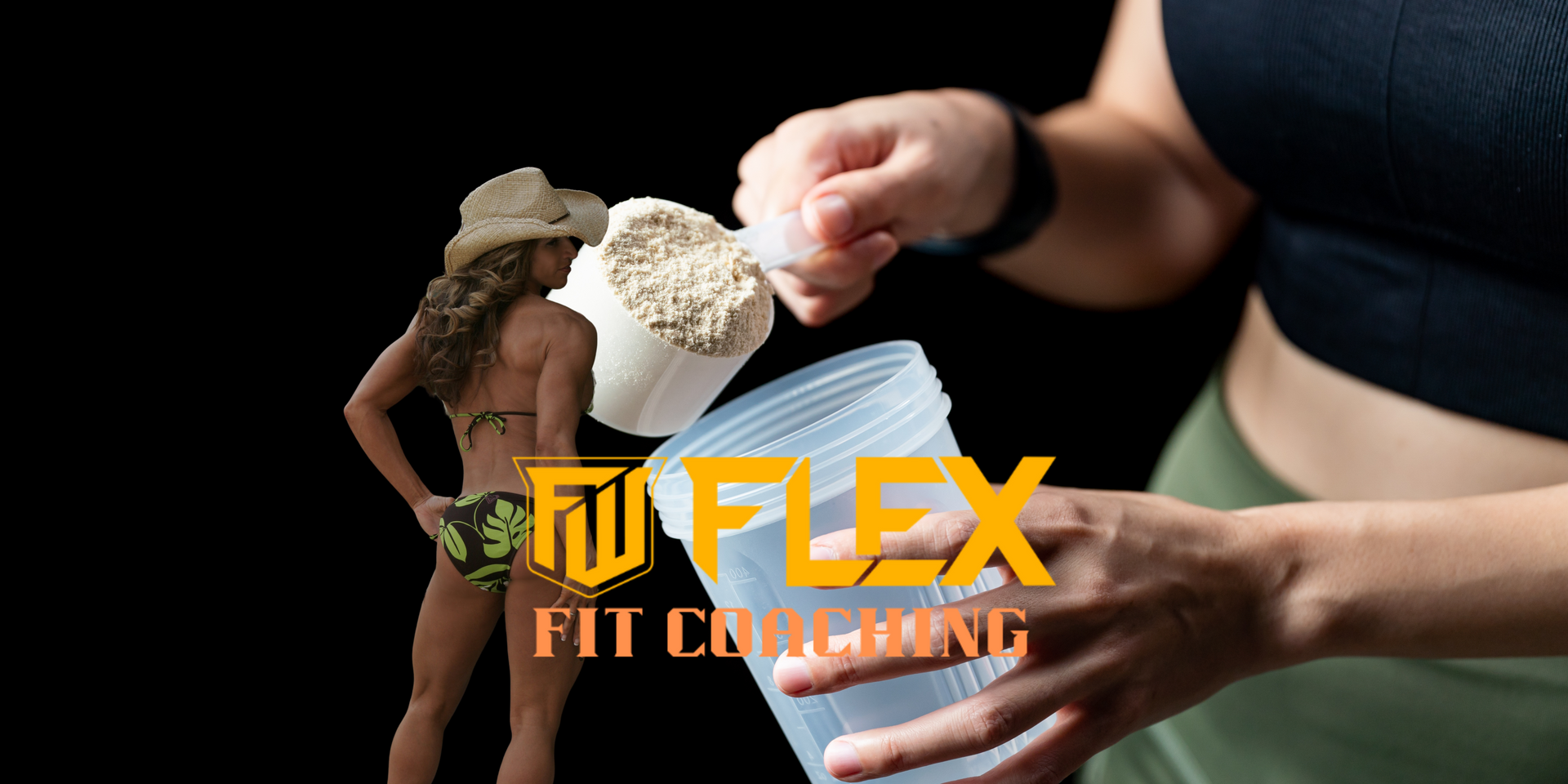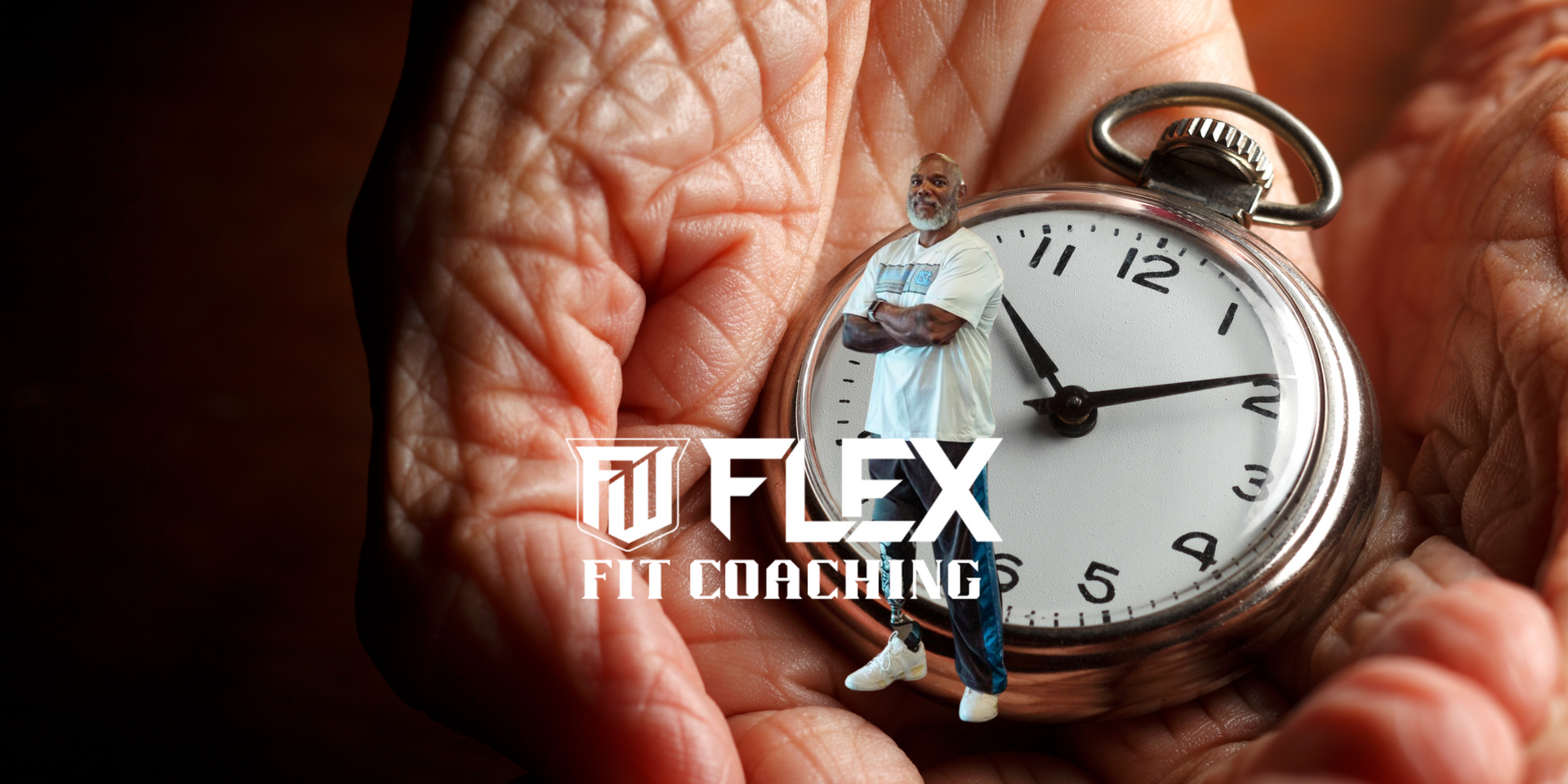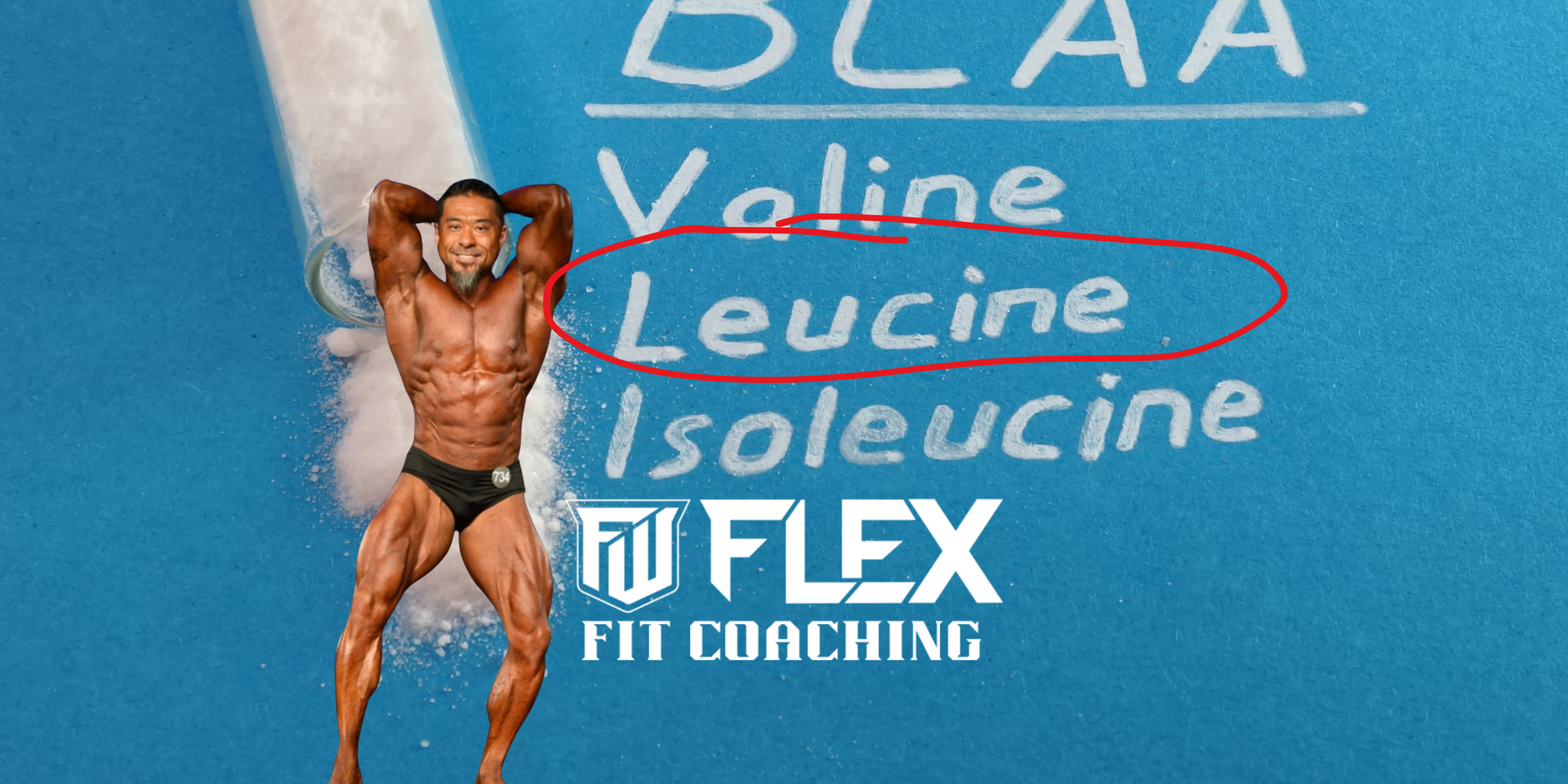Vitamin D: Your New Best Friend
Greg Nagaye • October 7, 2021
This OTC Supplement Should Be In Your Program...PERIOD!

The Vitamin D basics:
- Has been used to boost health and athletic performance since the 1920’s.
- Vitamin D deficiency has been associated with cancer, depression, and both Alzheimer’s and Parkinson’s disease.
- Getting adequate amounts has been linked to the prevention of diabetes, improved insulin sensitivity, and lowered blood pressure.
- Several studies have linked improved athletic performance for athletes that received sunlamp exposure.
- Supplementing Vitamin D while dieting has been linked to fat loss.
- Dietetic experts recommend supplementing Vitamin D with 1000-5000 IU per day. For those of us getting little to no sunlight, supplementing 5000 IU per day is recommended.
- In 2008, the American Academy of Pediatrics increased their recommendation for children from 200 IU to 400 IU per day.
If it isn’t already to you, Vitamin D is the next big thing! Researchers and experts in our industry are making Vitamin D a focal point for programming. Dr. Jonny Bowden, Eric Cressey, Charles Poliquin, Bill Roberts, all the way to the US Department of Family and Consumer services are touting the importance of Vitamin D.
Why so?
DEATH! The New England Journal of Medicine recently warned that the number of diseases associated with Vitamin D deficiency is growing every day (not really every day, but you get where I’m going). Rather that quoting you “et al” this and “et al” that, I’ll leave you with a this: a large number of clinical studies have shown one simple fact, Vitamin D supplementation prolongs life.
Here’s a list you’ll want to take into account:
- Vitamin D deficiency has been implicated as a major factor in the pathology for at least 17 varieties of cancer.
- Low levels contribute to chronic fatigue, depression, and seasonal affective disorder.
- As stated prior, Alzheimers and Parkinsons patients have been found to have low Vitamin D levels.
- Low levels may contribute to Syndrome X.
PERFORMANCE! We’ll keep this one simple and reference something the Russians have done...Russian studies showed 100 meter dash times improved with “irradiated” athletes vs non irradiated (meaning artificial sunlight) using the same training methods. To the tune of 7.4% improvement vs 1.4%.
Vitamin D was also shown to act directly in concert on skeletal muscle to increase protein synthesis. So...weight lifters supplemented Vitamin D were shown to increase muscle protein anabolism and increased their muscle mass. We’ve also seen increased neuromuscular function with Vitamin D supplementation.
HOW MUCH? There is no RDA currently, but there is an adequate intake recommendation of:
- Ages 19-50: 200 IU
- Ages 51-70: 400 IU
- Ages 71+: 600 IU
What are the performance, fitness, and wellness experts are saying:
- The low end: 1000 IU for the general public
- The high end: 5000 IU for those not getting sufficient sunlight
- Creighton University Study: 3000 IU to reach 35 ng/mL blood level for the general public
- Always look for a D3 form.









